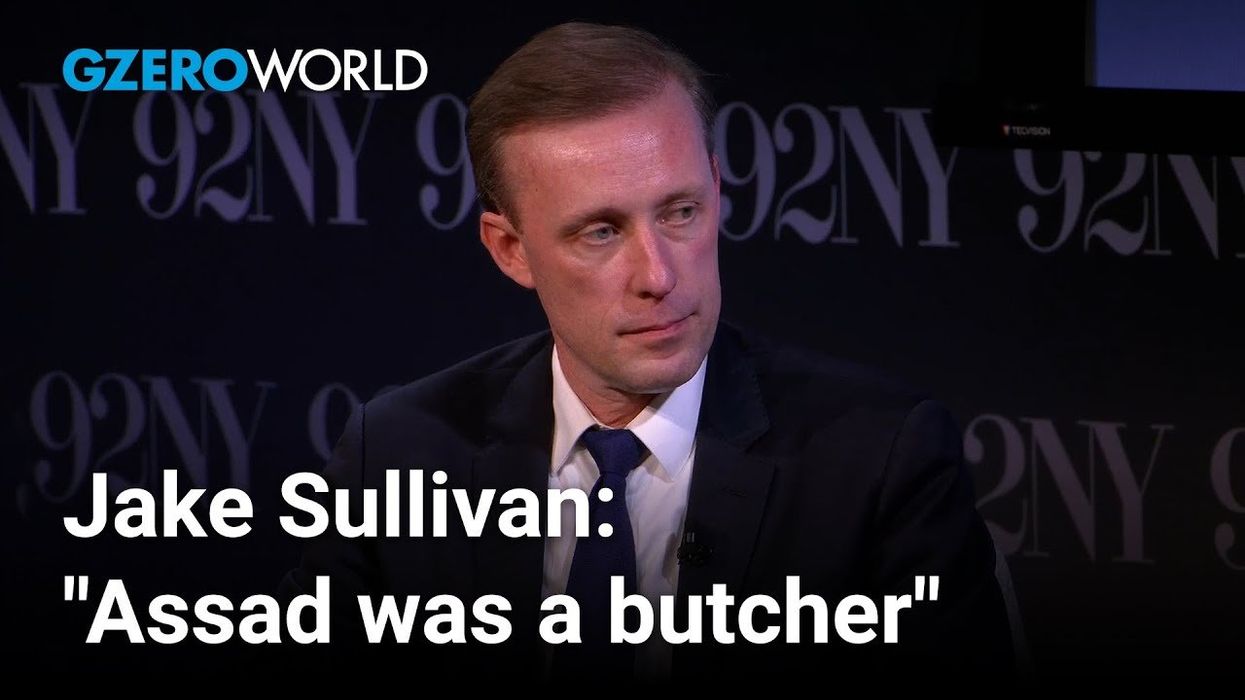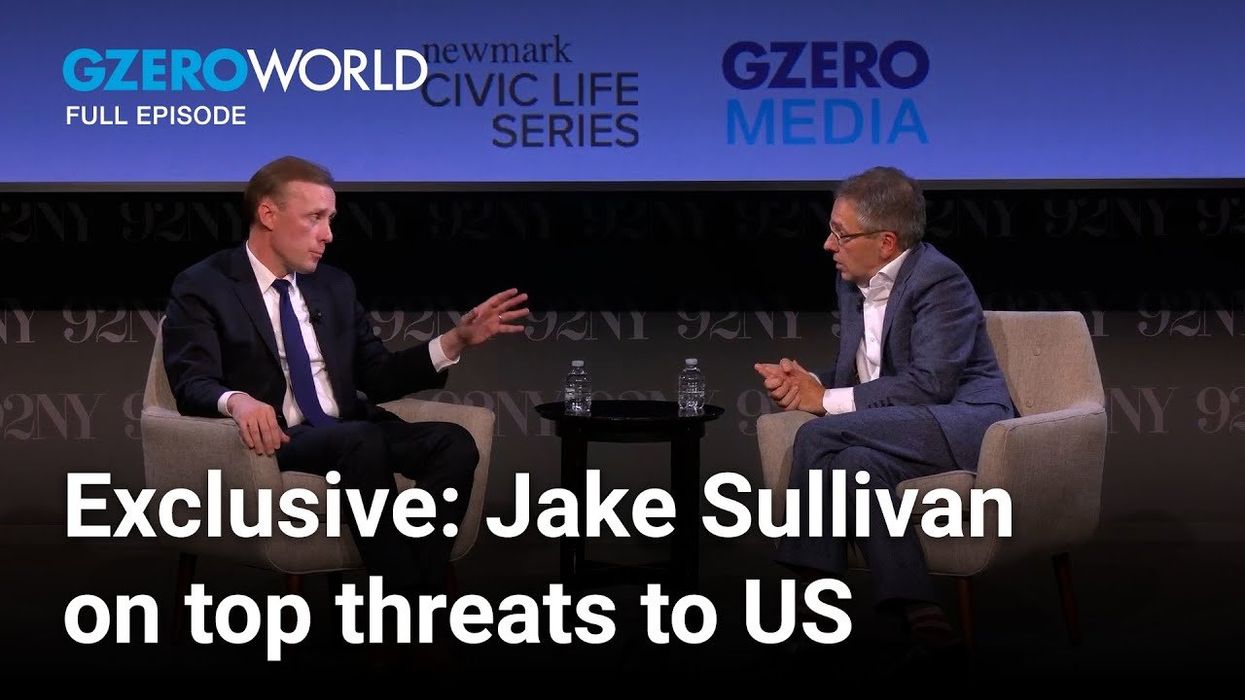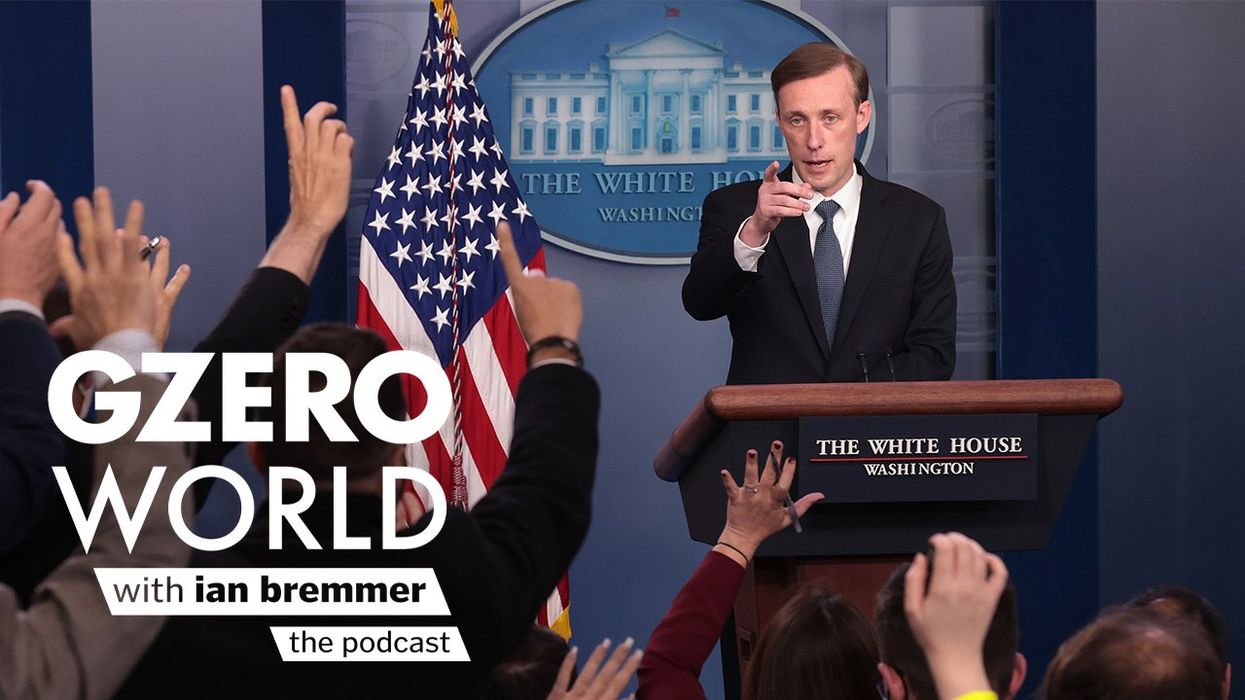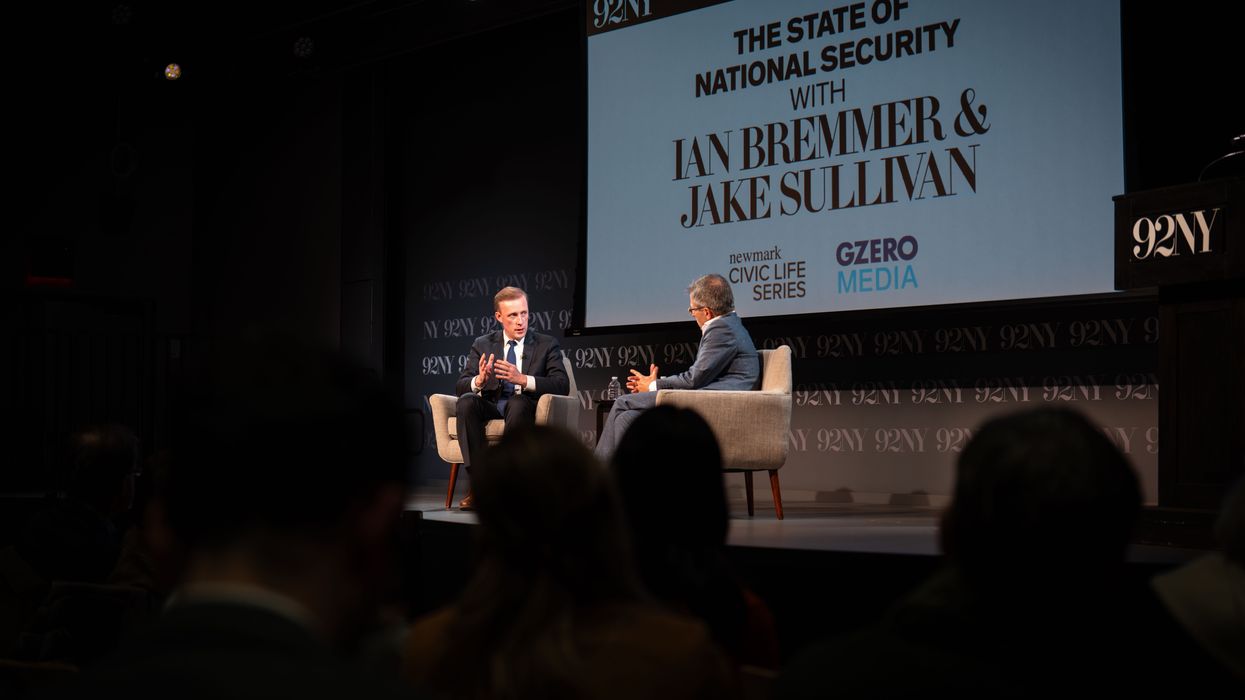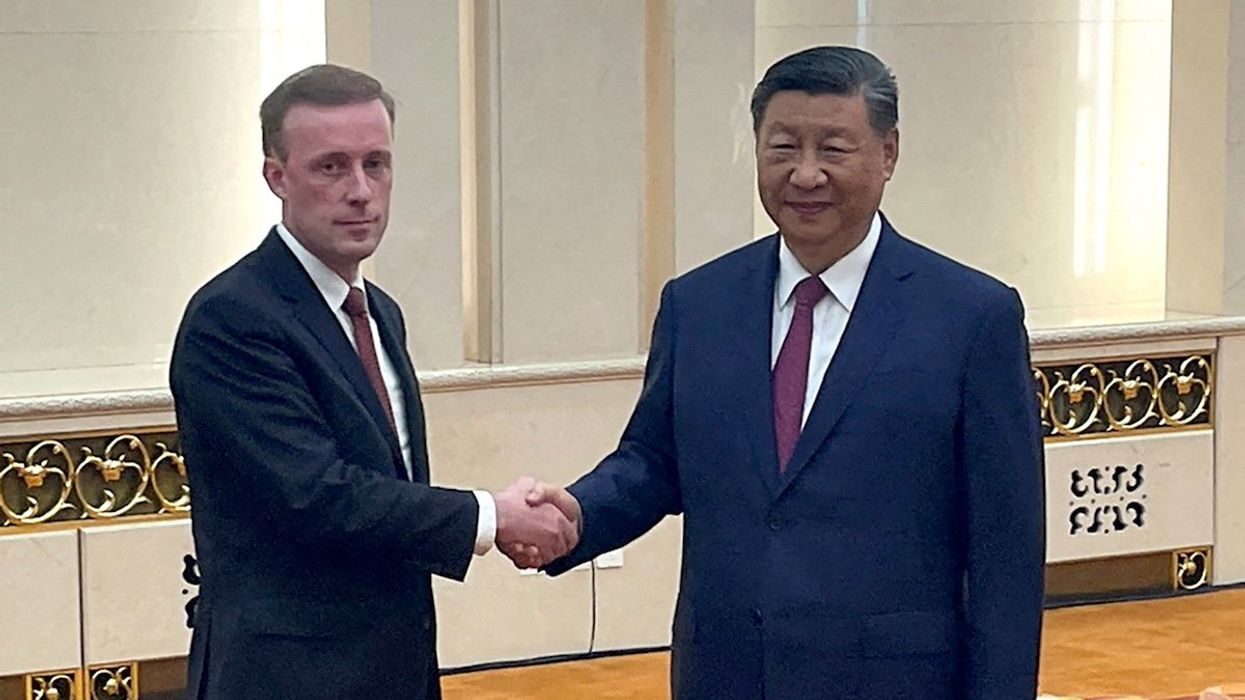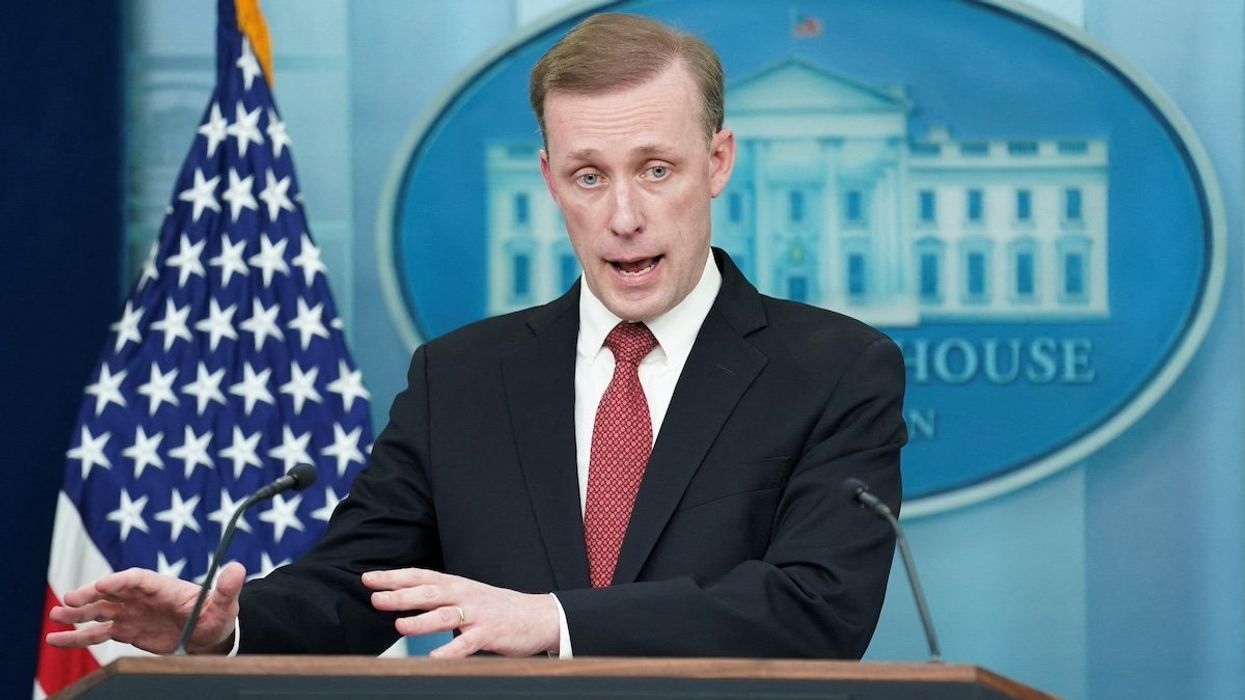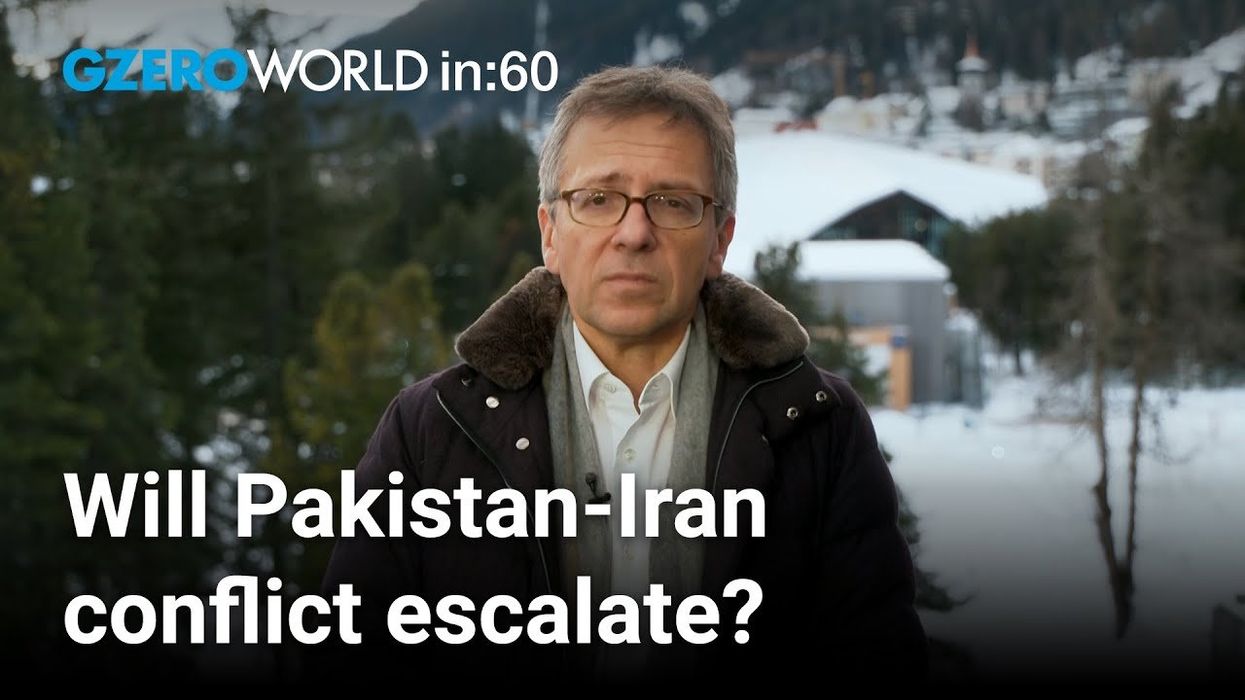GZERO World Clips
Assad's fall in Syria creates both opportunities & risks, says US national security advisor Jake Sullivan
US National Security Advisor Jake Sullivan addresses the potential power vacuum in Syria. He tells Ian Bremmer that failure to act decisively could lead to an ISIS resurgence and destabilize efforts to build a more inclusive future for the region.
Dec 23, 2024
